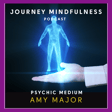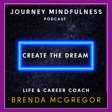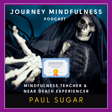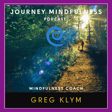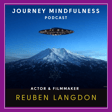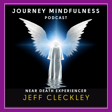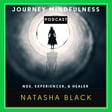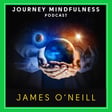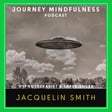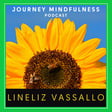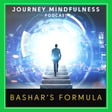
Real-World Mindfulness with Drew Buss
On this episode of the Journey Mindfulness Podcast James speaks with Drew Buss on his path with using the Power of Mindfulness and his grounded wisdom in creating a beneficial and Real-World approach to integrating mindfulness practices in your daily life. There is a lot of modern wisdom and practical tips shared in this episode that are highly valuable.
Drew Buss, MS Ed., a veteran psychotherapist and mindfulness expert dedicated to helping individuals find peace and purpose. With nearly 3 decades of experience in the field, Drew has a deep understanding of the human mind and the power of mindfulness to transform lives.
***
To Learn more about Drew Buss, MS Ed., LIMHP and to connect or work with him visit:
Socials:
Facebook: https://www.facebook.com/profile.php?id=100093220698757
LinkedIn: https://www.linkedin.com/in/drewbuss/
Soundcloud: https://soundcloud.com/drew-buss-ms-ed
***
To learn more about James and Journey Mindfulness:
https://journeymindfulness.com/
***
Free Warrior Spirit Guided Meditation:
https://www.journeymindfulness.com/warrior_spirit_meditation
***
Mindfulness Based Stress Reduction 8 Week Online Course (Self-Guided):
https://www.journeymindfulness.com/MBSR
***
Guided Self-Hypnosis to Conquer Fear & Doubt (digital download)
https://www.journeymindfulness.com/hypnosis
***
Socials:
YouTube: https://www.youtube.com/@Journey_Mindfulness
Instagram: https://www.instagram.com/mindfulbmore/
Twitter (X): https://x.com/MindfulBmore
Facebook: https://www.facebook.com/MindfulBmore/
Have an interesting story? Contact me and you can be a guest on the show.
DISCLAIMER: This show is for entertainment purposes only, not intended to replace medical advice. Please seek licensed medical professionals for help.

